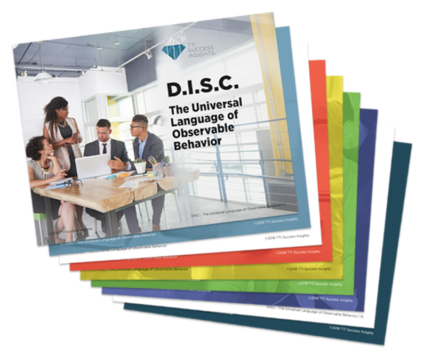 Long gone are the days of ruthless leadership and authoritarian control. Successful organizations today understand the importance of a people-centered approach to leadership; one that treats employees with empathy, effectively communicates with and listens to them, and engages them in a shared vision in order to achieve objectives and results. This calls for leaders who can not only motivate and empower employees, but who also have the ability to process emotions to make sound decisions in the face of complex, high-stakes challenges. In other words, today’s business landscape requires leaders with highly developed Emotional Intelligence (EQ).
Long gone are the days of ruthless leadership and authoritarian control. Successful organizations today understand the importance of a people-centered approach to leadership; one that treats employees with empathy, effectively communicates with and listens to them, and engages them in a shared vision in order to achieve objectives and results. This calls for leaders who can not only motivate and empower employees, but who also have the ability to process emotions to make sound decisions in the face of complex, high-stakes challenges. In other words, today’s business landscape requires leaders with highly developed Emotional Intelligence (EQ).
Starting with Self
As Daniel Goleman outlined in his landmark Emotional Intelligence work, there are five main elements that make up EQ: Self-Awareness, Self-Regulation, Motivation, Empathy, and Social Skills. The first three address Self and the final two deal with Others. In this post, we will explore the first three elements that focus on one’s personal competence because in order to bring out the best in others we must first bring out the best in ourselves:
- Self-Awareness is the ability to recognize and understand one’s own moods, emotions, and drives. People with high self-awareness will also recognize and understand their effect on others.
- Self-Regulation is the ability to control or redirect disruptive impulses and moods. People with high self-regulation will also suspend judgment and think before acting.
- Motivation is a passion to work for reasons that go beyond the external drivers like money and status. It is based on an internal drive or propensity to pursue goals with energy and persistence. People with high motivation have a strong sense of purpose, optimism, and a desire to achieve despite difficult circumstances.
Managing Disruptive Emotions
To help develop your personal competence, begin by examining what you’re feeling and why. In order to do this, determine what you can you do to pause and think about these things before responding in any given situation. Then practice using the questions below in the moment to sharpen your EQ as it pertains to each element. Remember to focus on what your true purpose and goals are in the situation.
Self-Awareness |
Self-Regulation |
Motivation |
|---|---|---|
| •WHAT emotions am I experiencing right now?
•WHY am I experiencing them? •HOW is it impacting me and my ability to respond or perform productively? |
•WHAT can I do to pause, think, and not react poorly?
•WHY is it important to manage my emotions and responses? •HOW can I respond in a productive way to find the best solution? |
•WHAT is my purpose, goal, or objective?
•WHY is it important to me to be able to achieve it? •HOW can I use this situation to help move closer to my goal |
Learning how to reflect on these factors while in the middle of an emotional situation is critical to managing disruptive behaviors. It allows you to choose a productive response (regulate) rather than the predictable “freight train” of unproductive behaviors when emotions are running high (reaction). This space is the entry point for raising your EQ and being a more effective leader.
Look for our next post that will focus on another personal competence factor in Emotional Intelligence: identifying your most common triggers that drive your strongest emotional responses.






